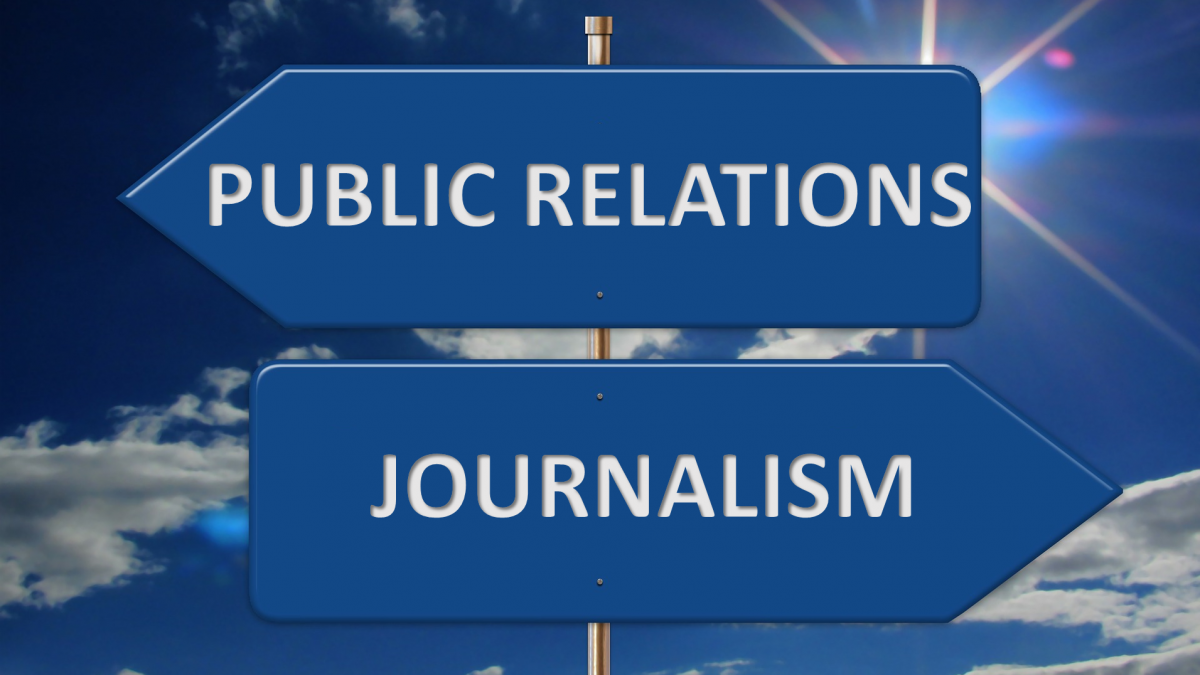In today’s rapidly evolving geopolitical landscape, the role of media in shaping public perception and policy cannot be understated. However, it has become increasingly apparent that certain journalistic approaches, particularly those pertaining to military actions and diplomatic discussions, are not only simplistic but dangerously naive. This critique is not about undermining the freedom of the press—a cornerstone of our democracy—but about holding journalists to a higher standard when addressing issues of national security and international relations.
Take, for instance, the recurring questions posed by journalists regarding whether military options are “off the table” in various conflict scenarios around the globe. Such inquiries betray a fundamental misunderstanding of how diplomacy works. Diplomacy is not played like a game of checkers with black-and-white moves; it’s more akin to chess, where strategy, foresight, and sometimes keeping your opponent guessing play crucial roles in achieving success.
By insisting on definitive answers to whether military action is being considered or discarded outright in any given situation—be it hostage negotiations or potential retaliatory strikes—journalists display a lack of appreciation for the complexity inherent in these decisions. They fail to recognize that diplomacy often involves maintaining an element of ambiguity about one’s intentions as leverage.
Moreover, this line of questioning feeds into a dangerous narrative that positions diplomatic efforts and military readiness as mutually exclusive strategies rather than complementary components of a comprehensive foreign policy approach. It suggests an oversimplified view of international relations where problems can be neatly categorized and solved without considering broader implications or unintended consequences.
This simplistic framing does a disservice not only to policymakers tasked with navigating these treacherous waters but also to the public whose understanding of critical global issues becomes skewed towards sensationalism over substance. We live in an era where sound bites often trump nuanced discussion, leading to polarized debates devoid of any real insight into complex matters affecting our world.
The frustration expressed over such journalistic practices stems from witnessing missed opportunities for meaningful dialogue about what constitutes effective diplomacy in today’s interconnected world. Instead of probing for easy answers or sensational reactions, journalists should strive to illuminate the intricacies involved in balancing diplomatic engagement with maintaining national security interests.
Journalism has the power to inform and enlighten its audience about the challenges and considerations facing those who navigate international relations on behalf of their countries. By moving beyond superficial questioning toward more thoughtful analysis—acknowledging that some situations may require both carrot-and-stick approaches—we can foster a more informed citizenry capable of engaging constructively in discussions about our nation’s role on the world stage.
As defenders of conservative values deeply rooted in national sovereignty and traditional principles—including strong defense postures—it is imperative we advocate for journalism that reflects these complexities rather than diminishes them through reductionist narratives. Only then can we ensure that discourse surrounding foreign policy promotes understanding rather than division—guiding us towards solutions that uphold our values while addressing global challenges effectively.

Leave a Reply